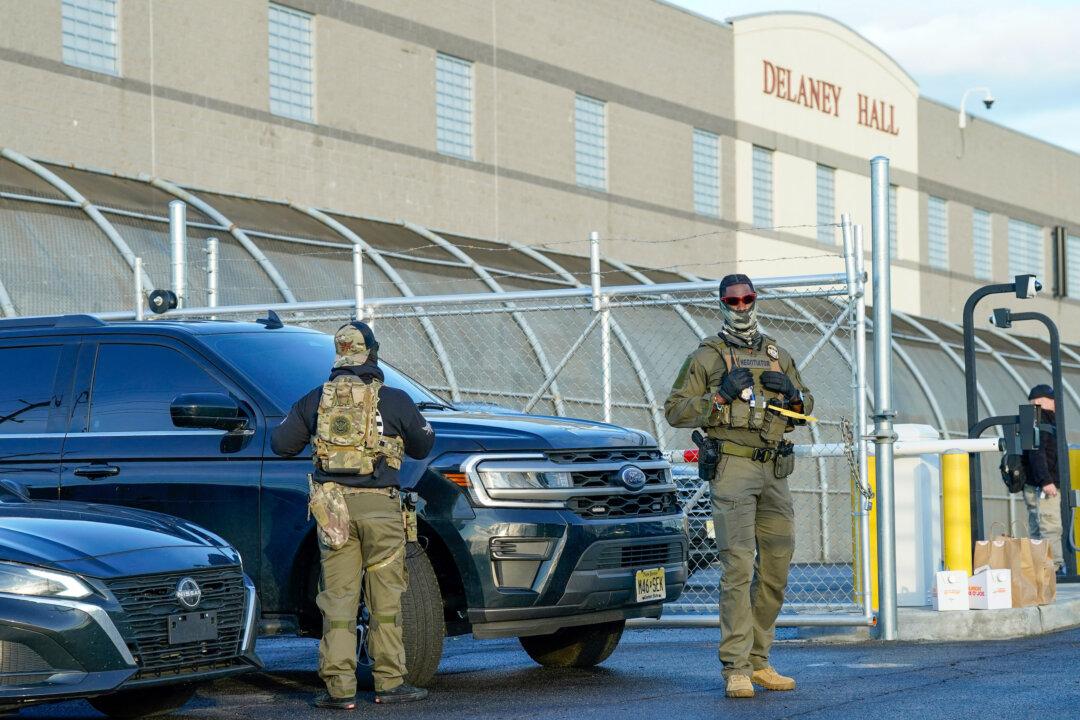U.S. Secretary of Labor Eugene Scalia said his agency is taking steps to cut bureaucratic red tape to boost the pandemic-weakened economy, in the wake of President Donald Trump’s recent executive order to roll back unnecessary federal regulations.
The comments came during an online discussion panel hosted May 26 by the Competitive Enterprise Institute (CEI) and after Trump signed Executive Order 13924 on May 19.





